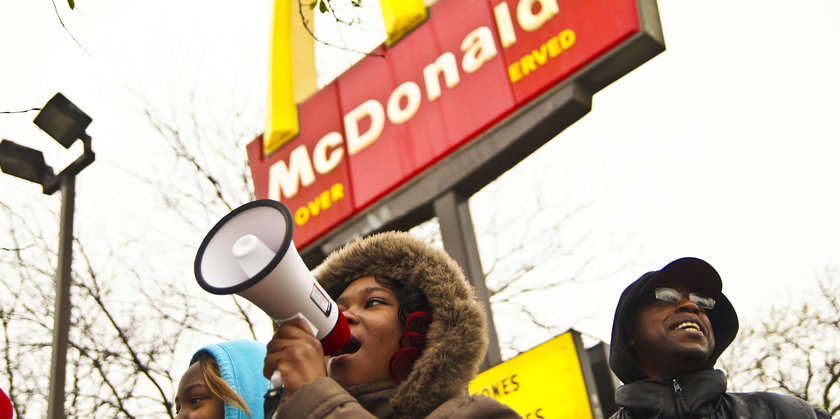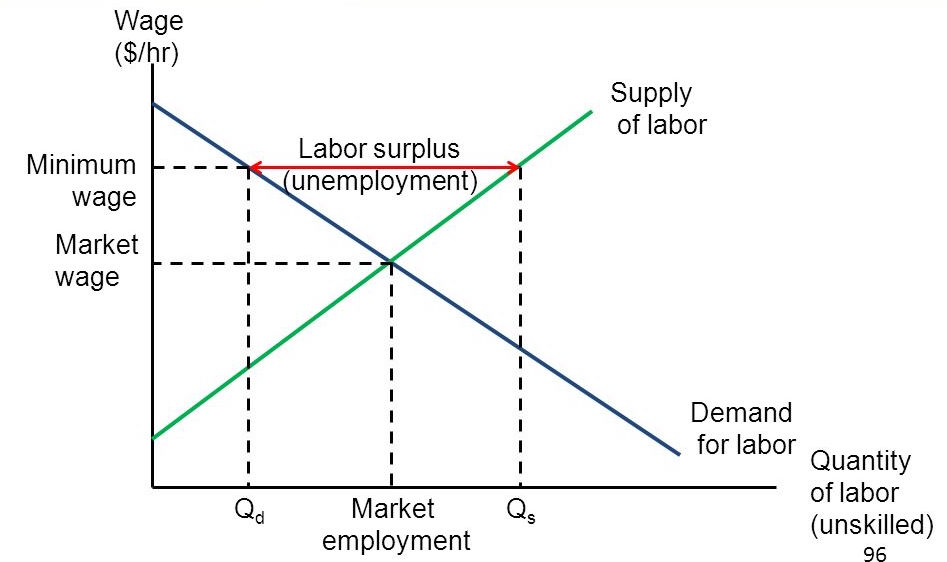
MONTGOMERY, Ala. — A new bill has been pre-filed in the Alabama House of Representatives to institute a minimum wage of $10 per hour. State Rep. Juandalynn Givan (D-Birmingham) wants to raise Alabama’s minimum wage from the federally mandated floor of $7.25 to a higher hourly rate because “we have people who are barely making ends meet in the state of Alabama.”
“It’s just time and it’s a uniform minimum wage act so it’s not just for one municipality versus another, it’s for the entire state of Alabama,” Givan told WSFA.
If passed, the law would apply to all hourly workers. It also includes a provision for tipped employees, mandating that they also receive $10 per hour, with 30 percent of the total coming from wages.
Several states across the country have already forced employers to pay more, with California and New York demanding wages as high as $15 per hour. While well intentioned, economists have found evidence that minimum wage laws have little overall effect on poverty rates, and in some cases, the laws have adverse effects on the poor.
In a 2007 peer-reviewed study conducted by economics professors from Cornell University and San Diego State University, researchers examined U.S. Census data from 1979 to 2003 to estimate the effects of minimum wage increases on state poverty rates. According to one of designer of the study, they “found no evidence that minimum wage increases were effective at reducing overall poverty rates or poverty rates among workers.”
Similar studies from The Cato Institute show that minimum wages create serious disincentives for employers to eliminate and replace low-skilled labor. In reality, minimum wages help seal the economic doom of the very people they are intended to protect. As the Nobel-Prize winning economist Milton Friedman once said, “One of the great mistakes is to judge policies and programs by their intentions rather than their results.”
Many major chains such as McDonald’s, Wendy’s, and Panera Bread, have heavily invested in kiosks that will replace hourly workers. Business Insider recently chronicled the shift from man to machine, and noted that executives are explicit as to their motivation. “If you’re making labor more expensive, and automation less expensive — this is not rocket science,” said Andy Puzder, the CEO of Carl’s Jr. and Hardee’s.
Alabama’s legislative session begins today. With solid Republican majorities in both houses, and a Republican governor, the bill will likely be dead on arrival.
Don’t miss out! Subscribe today to have Alabama’s leading headlines delivered to your inbox.
